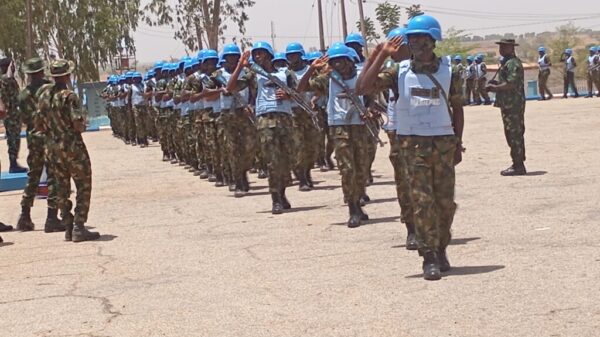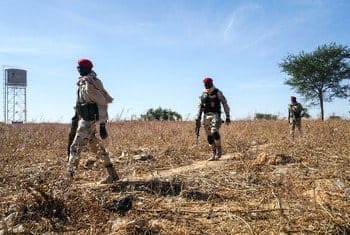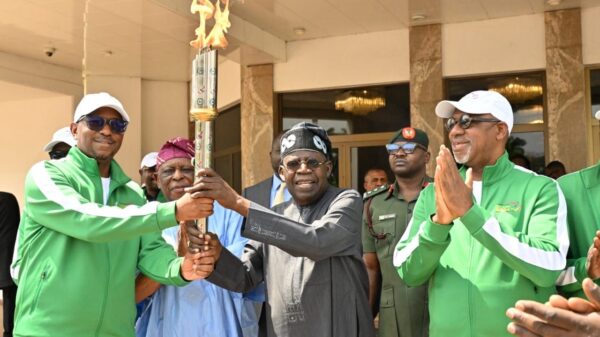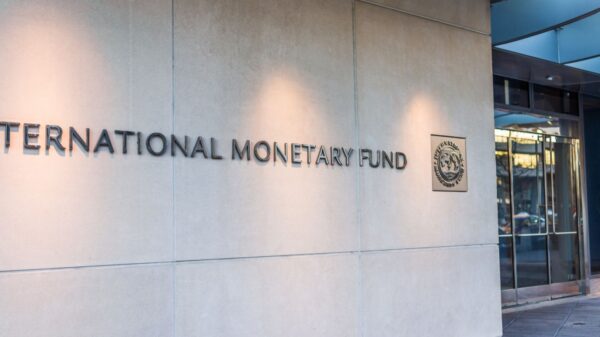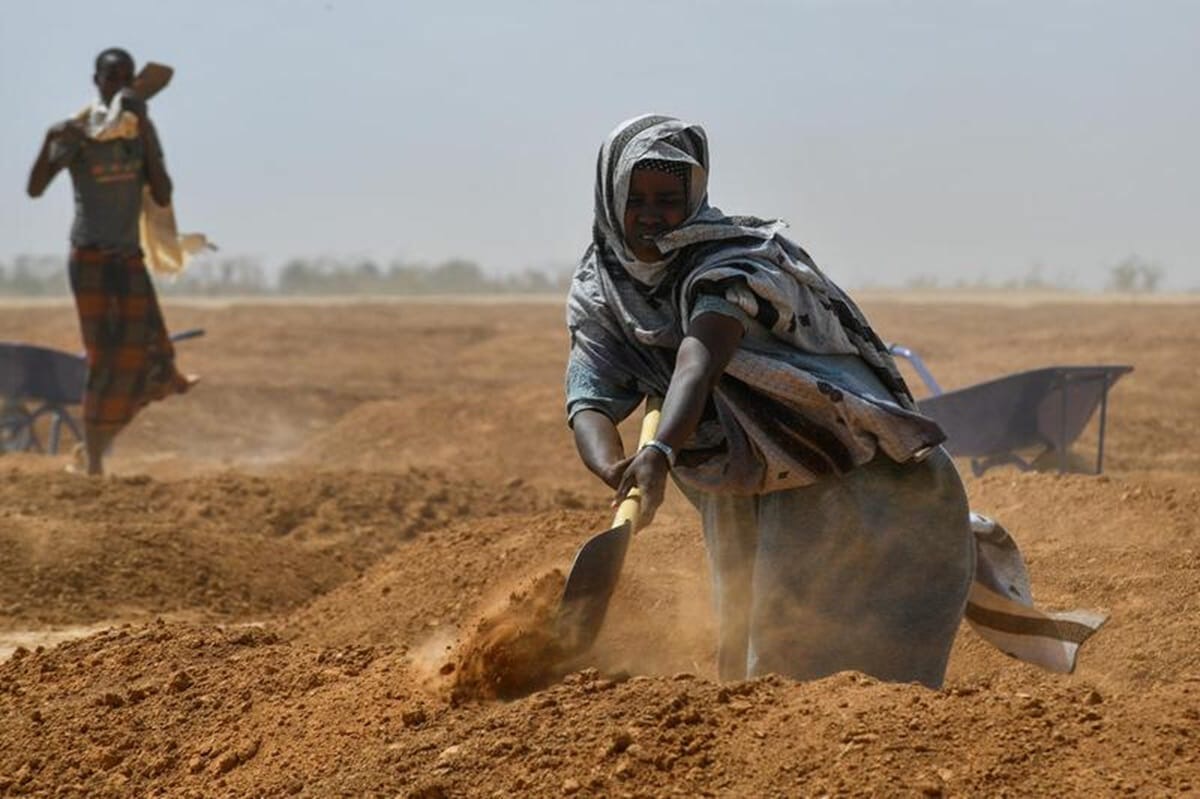Mali is among the countries currently suffering extreme heat with some areas hit by a temperature of 48,5°C, has recorded more than 100 deaths, victims of the heat wave.
Malian meteorologists say the city Southwestern di Kayes recorded the hottest day in African history on April 4, 2024.
The country, which just recovered from series of sanctions imposed by the Economic Community of West African States (ECOWAS), has advised citizens to stay in well-ventilated areas and to limit school hours for students.
In a broadcast using the state-owned Office de Radio et Television du Mali (Ortm), the country reminded citizens that the young and elderly are the most vulnerable.
Mali has also reduced school hours for primary school pupils to protect them from the deadly temperatures.
Sources closed to Gabriel Toure hospital in the capital Mali capital, Bamako, said 102 heat-stricken patients died upon arrival.
The sources said most of dead were over 60 and chronically ill but some other local sources put the death toll in three days at over 250.
The rise in temperatures is due to the El Niño weather phenomenon, which has affected ocean and atmospheric temperatures.
The effect of the heat wave may have been compounded because of dearth of electricity to propel fans and air conditioning units.
The country may have had some respite in the areas of electricity because ECOWAS had just lifted sanctions imposed on it but Bamako and its environs may have to brace up for unending power cuts after the energy office failed to mention a solution to the crisis.
Authorities in the national energy company EDM said more than $510 million is needed to buy fuel to power the generation plant.
Many people were expecting a revelation that would put an end to, or even reduce, the number of untimely and unprecedented power cuts for several months now.
ECOWAS Commission’s chairman, Gambia’s President Omar Touray announced the lifting of the sanctions at the end of the Extraordinary Session of the Heads of State and Government of ECOWAS member countries on February 24.
He said the decision was based on humanitarian considerations, the socio-economic impacts of the sanctions on Nigeriens and the security of the sub-region.
Some of the sanctions included freezing of all service transactions including utility services.
The Authority, he said, also lifted sanctions regarding the recruitment of Malian citizens in statutory and professional positions within ECOWAS.







